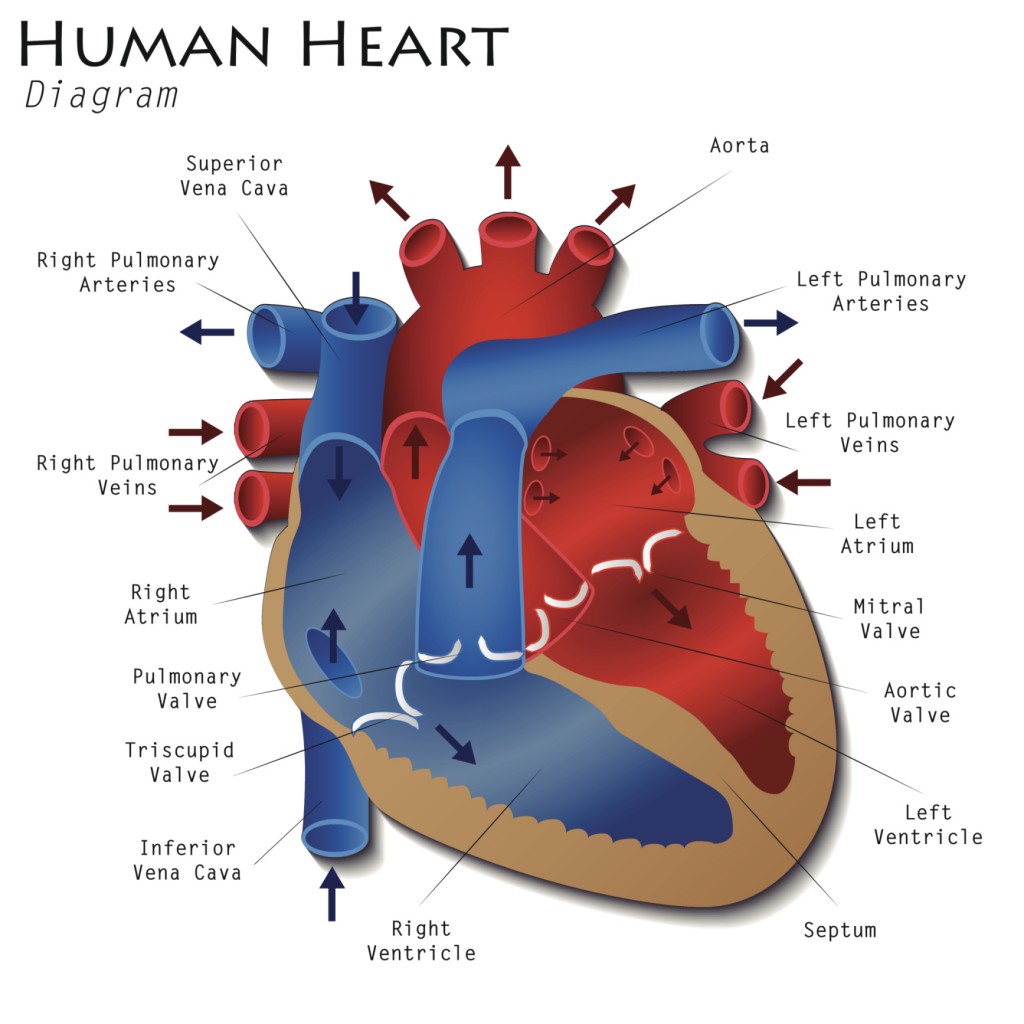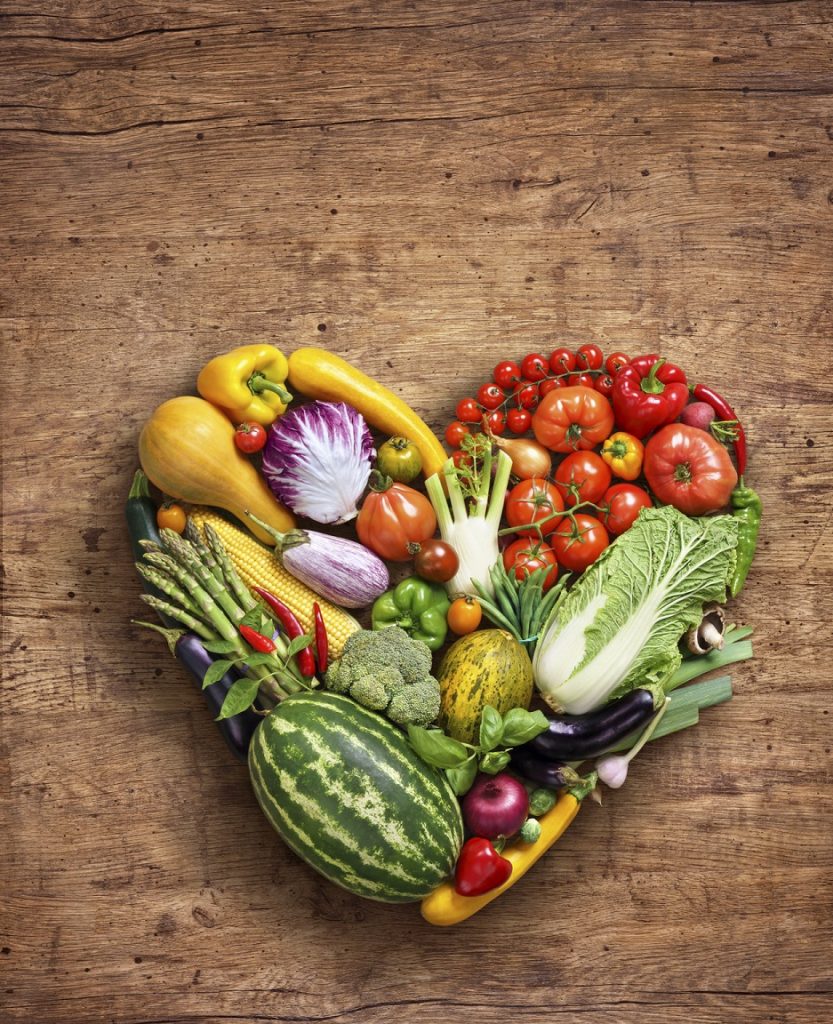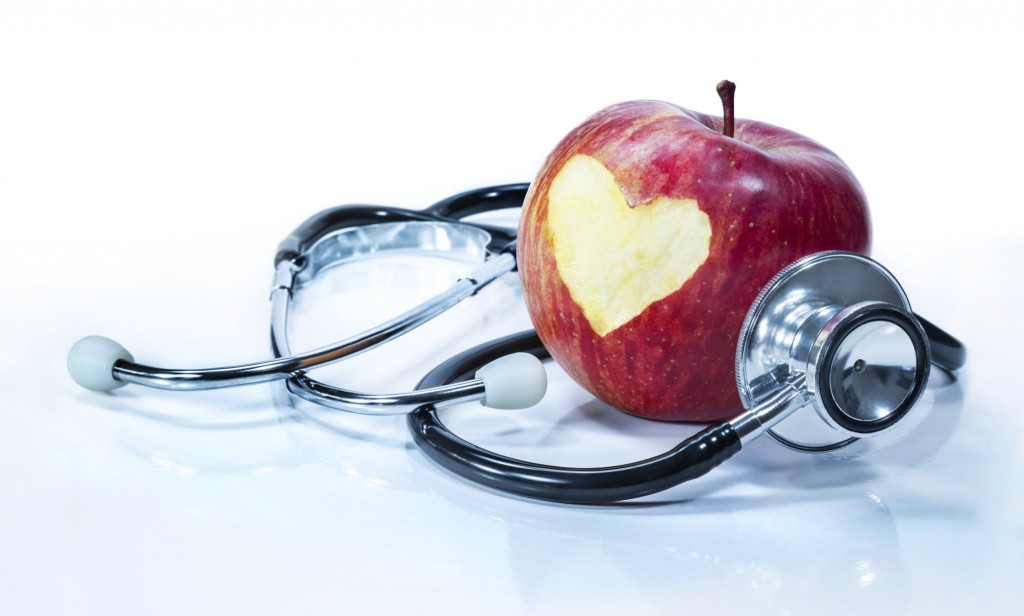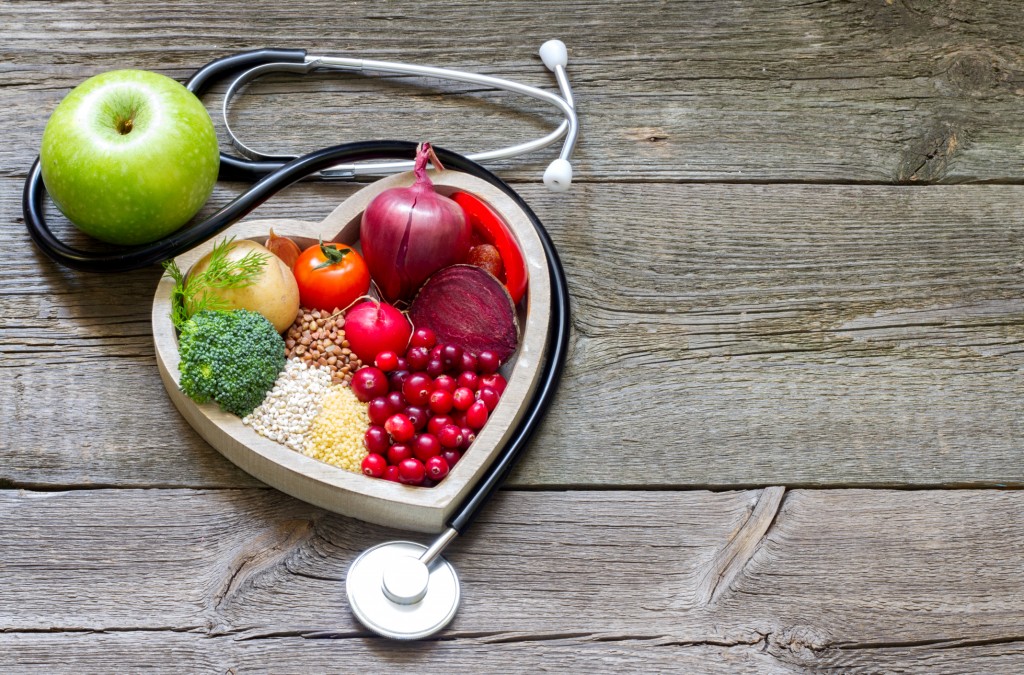
A mouth can tell a lot about a person’s overall health, not just dental health. A lot of non-oral health issues have manifestations in the mouth or mouth area. The following are a few examples of ways your dental health affects your overall health. This is why dental hygiene is so important. If you find you have some of these symptoms, it’s time to visit your dentist:
Heart disease. Bright red or purple gums
Type 2 diabetes. Bleeding gums sensitive to touch although there is no noticeable plaque
Kidney disease. Breath has sweet ammonia-like smell; very noticeable and pronounced
Acid reflux. Worn down teeth; teeth affected dependent on where acid settles while person is in sleeping position
Oral cancer. Gums and oral tissues with white spots; MUST last for at least two or more weeks
Leukemia. Bright red and swollen gums; differentiated from diabetes via blood test
Osteoporosis. Black spots that denote air pockets and dead bone; show up on x-rays
Stress. Cracked teeth or gums that have contracted away from teeth (can develop into infection)
Sleep apnea. Swollen gums and tongue in areas which air passes through
Pregnancy. Swollen gums could imply hormonal changes
Bulimia. Paper-thin front teeth; most enamel worn down; different from acid reflux since it affects different teeth
As you can see, the mouth can display ailments are not even related to the mouth or mouth areas. Early detection of multiple diseases and health problems can often be life-saving. It is important to visit your dentist on a regular basis to ensure your mouth is healthy.
If you would like more information on your dental health, contact Dr. Gordon C. Gunn MD at 714-912-2211 or visit www.gordongunnmd.com to schedule an appointment today.
Dr. Gunn proudly serves Fullerton and all surrounding areas.








